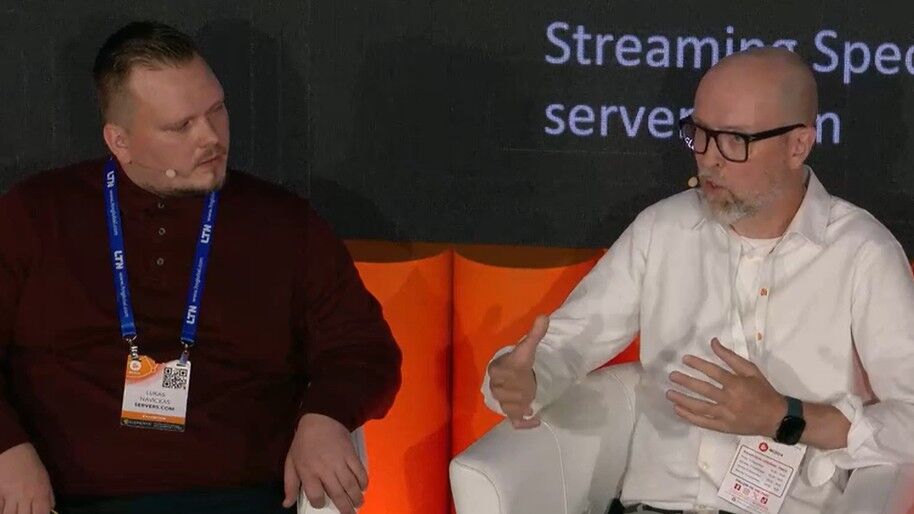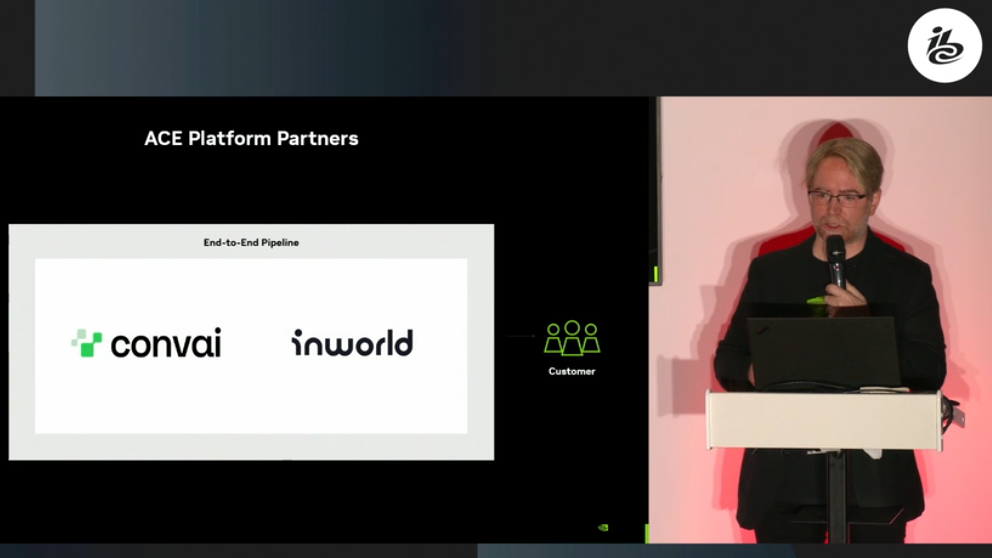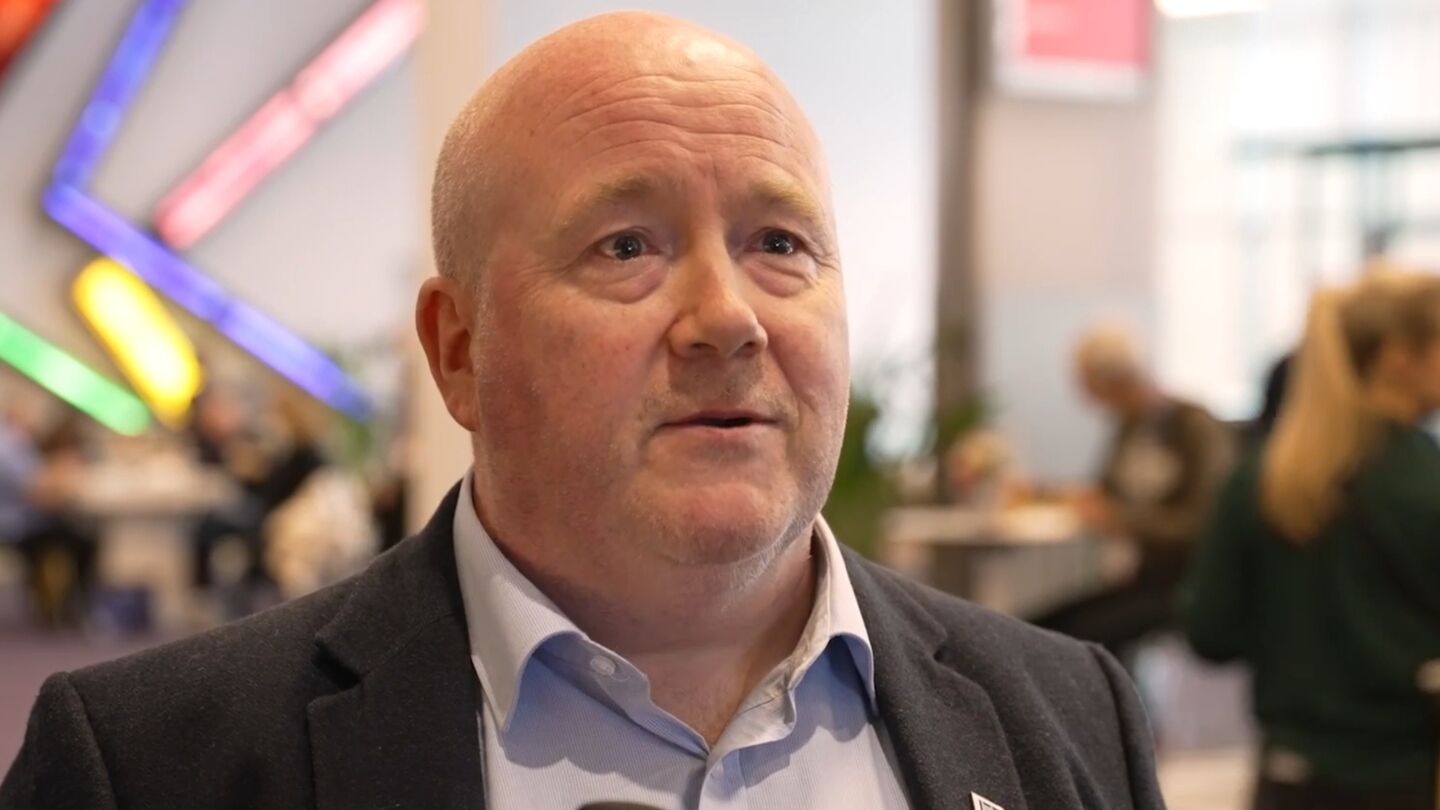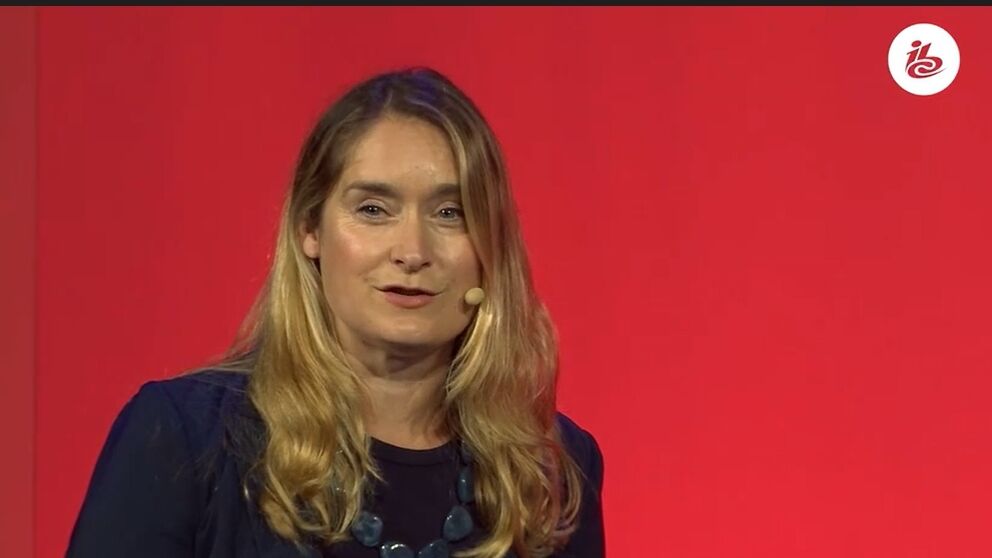In the two-part session titled “Mobile TV - Finally?”, Peter Siebert of IEEE BTS, Jordi Gimenez of 5G MAG and Thomas Stockhammer of Qualcomm explored the potential of 5G Broadcast technology in transforming media consumption.
Introducing the technical session, Peter Siebert of IEEE BTS said the question mark in the title was deliberate. “There have been many attempts before and all have failed,” he said. “But now there’s a new kid on the block.”
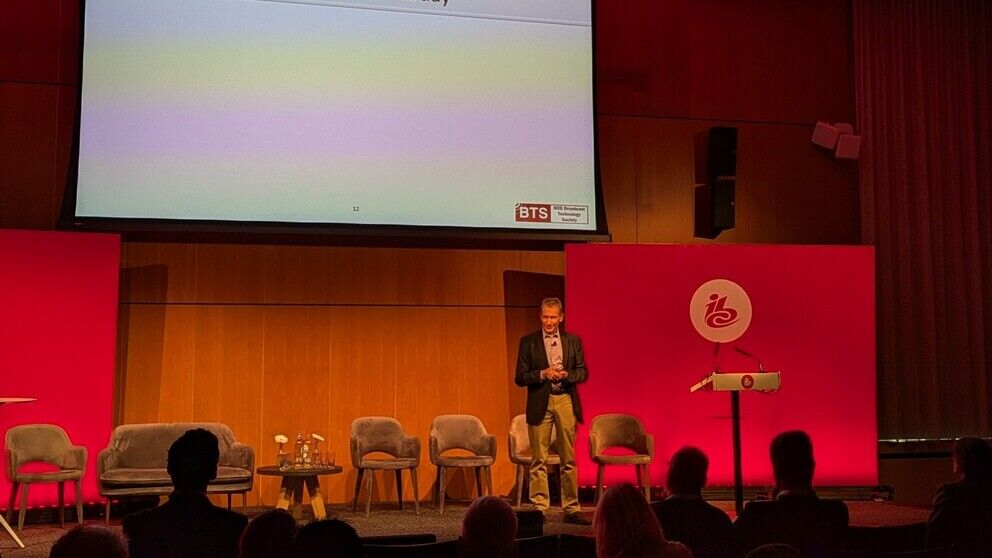
Since 2011, the DVB has made three attempts at kickstarting a market reckoned at one point to be worth $20bn. Others tests include MediaFlo, ISDB in Japan, CMMB in China and with ATSC 3.0 in the US.
“Most have not been successful,” Siebert said. “All high power, high tower based broadcast to handheld schemes have failed.”
Technical problems have restricted reception in buildings necessitating an additional low to medium power network to reach handhelds inside the house, he said.
“None of the proponents have come up with a business model to compensate for the commercial costs.”
More worryingly, there’s been a lack of significant interest among end users in receiving broadcast television on a handheld. “That was the past. The future could be LTE-based 5G Broadcast,” Siebert added.
Crucially, this is being developed by the 3GPP, a mobile industry body not a broadcast organisation.
“It is compatible with existing 3GPP radio access specifications, the design is based on minimum additional hardware cost and it can be used without a SIM card, which I regard as very important,” Siebert said.
Further “special advantages” of the specification are that it permits easy integration with unicast and multicast bidirectional technology in the 5G standard and, as part of the 3GPP ecosystem, it’s more likely to be integrated in chipsets and handhelds.
“In short it has a higher likelihood to be supported by mobile network operators. So the question we really need to ask is, will these advantages be enough?”
Jordi Giménez, Head of Technology, 5G-MAG (Media Action Group) provided a demonstration of the technology at IBC. Also seeking answers to Siebert’s question were Diego Gibellino from Italian mobile operator TIM and Thomas Stockhammer, Qualcomm.
You are not signed in
Only registered users can comment on this article.

WBD mails definitive proxy statement to finalise Netflix merger
Warner Bros. Discovery (WBD) will hold a special meeting of shareholders to vote on the merger with Netflix on March 20, 2026. In the meantime, WBD has begun mailing the definitive proxy statement to shareholders for the meeting.

Digital switch-off prospect nullifies Arqiva’s value
Arqiva’s main shareholder has admitted that its holding of the transmission company might be worth nothing.

Warner Bros Discovery mulls re-opening sales talks with Paramount
Warner Bros Discovery is considering reopening sale talks with Paramount Skydance Corp, according to a Bloomberg report.
.jpg)
BBC unveils fresh cost-cutting drive
The BBC is set to make cuts of around 10% of its costs in the face of "substantial financial pressures" over the next three years.
.jpg)
Report warns of unsustainable financial pressure for UK’s film and TV workforce
A survey examining the financial health of workers in the UK’s film, TV, and cinema industry has reported that a large proportion of the workforce is under severe and escalating financial pressure and that many are being “forced to leave” due to unsustainable circumstances.

